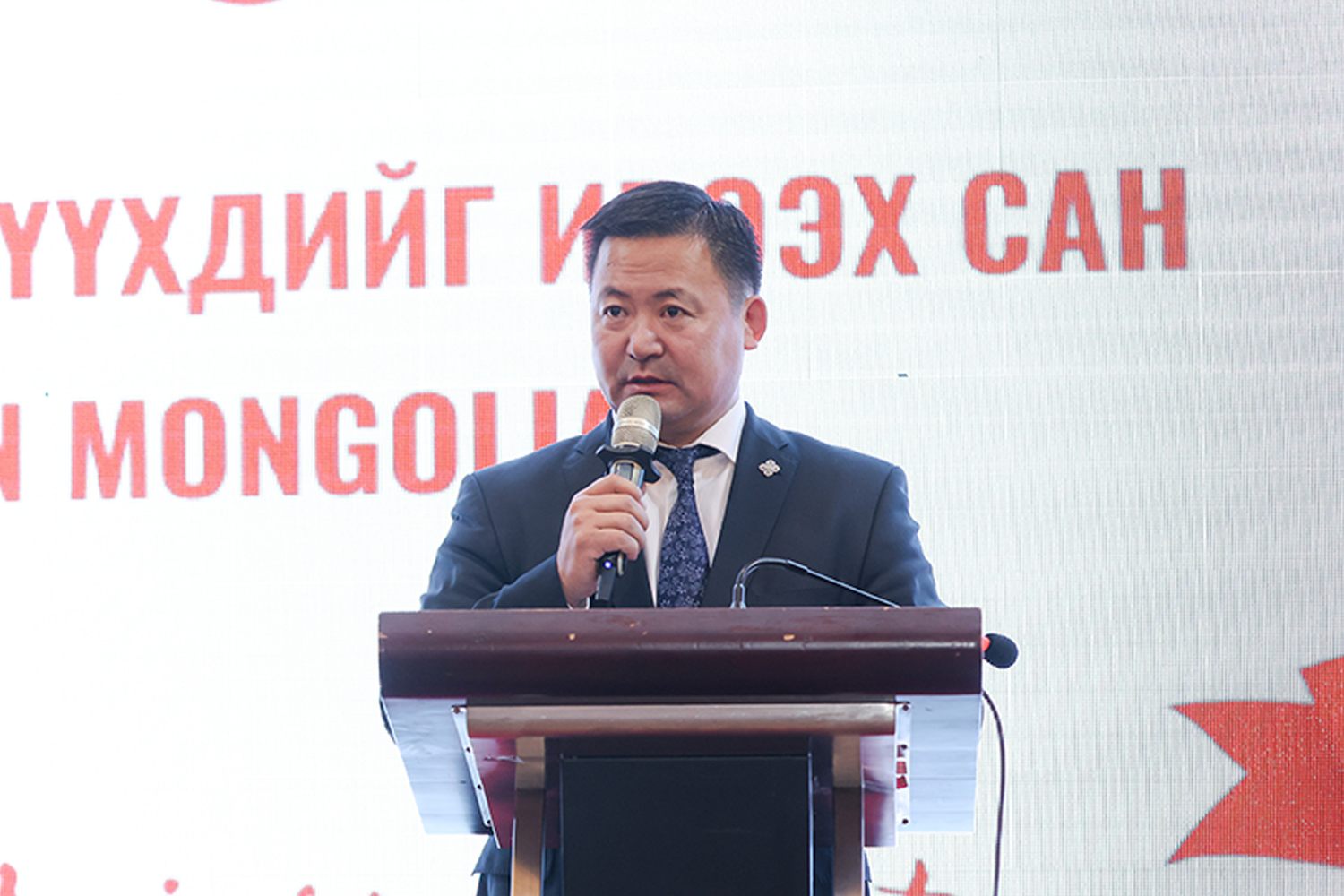Ts. Munkhbat, Member of Parliament

Distinguished guests, delegates, ladies and gentlemen,
I extend my heartfelt congratulations on the 30th anniversary of the establishment of Save the Children Japan in Mongolia.
First, I would like to share a brief story. During my tenure as Governor of Dundgobi Province from 2020 to 2024, our aimag was severely impacted by a natural disaster—frequent dust storms—that affected many herder families. During that time, I had the opportunity to present the situation of our province at a meeting with UN organizations working in Mongolia. It was then that many UN agencies, including Save the Children Japan, offered their invaluable support.
The person who helped turn this support into reality was L. Bayan-Altai, Country Manager and Representative of Save the Children in Mongolia. On behalf of the people of Dundgobi and myself, I would like to express my sincere gratitude to you.
The contribution and support that Save the Children Japan has made to the development and progress of our country over the past 30 years of its operations in Mongolia is truly invaluable. In particular, many impactful projects have been carried out in Dundgobi Aimag, including the Sandstorm Response project implemented in 2021, as mentioned earlier.
As part of this initiative, 55 households in Dundgobi province received a ger (traditional Mongolian dwelling), 270 households received cash assistance, and 370 families were provided with hygiene sets, amounting to a total of approximately 500 million MNT.
Additionally, I am pleased to highlight several other significant projects in Dundgobi, which have delivered tangible results for target groups. These include the “Technical Assistance to Strengthen the COVID-19 Response in Mongolia” project (2021-2022), the “Picture Book” project (2022), and the “Mainstreaming Social Accountability in Mongolia” project (2020-2022).”
I am confident that our cooperation will continue to expand and strengthen in the future, improving the livelihoods of the people and herder households in the Gobi region, ensuring that their children grow up in a healthy and safe environment, and contributing to the overall development and progress of the region.

